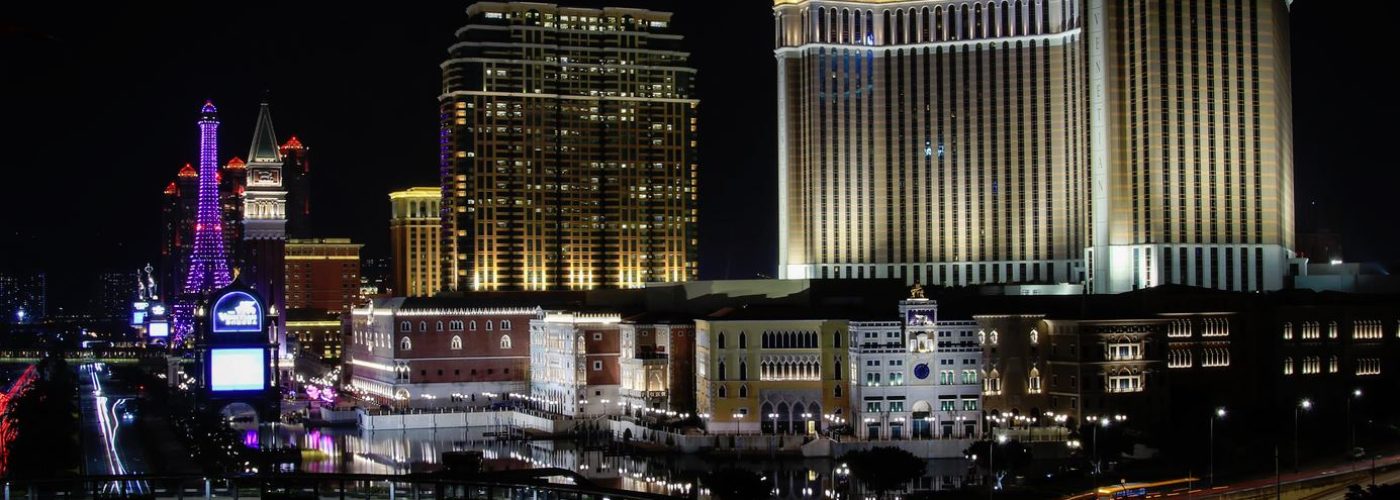Investors in the gaming industry are increasingly moving their focus away from traditional centers like Las Vegas and Monte Carlo in favor of far eastern equivalents like Macau and Singapore. Signs show that the market is shifting in response to the growth of Asian economies. The Las Vegas Sands Company (LVS), headed up by CEO Robert Goldstein, just finalized the historic sale of The Venetian Hotel and its adjoining Palazzo complex, one of the most characteristic and glamorous venues on the Las Vegas strip, for the princely sum of $6.25 billion.
In recent years the glamour of the Las Vegas casino experience has moved online, as many people prefer to play online variants of traditional casino games like roulette or slots. Attractive features such as welcome bonuses and free spins appeal to existing and newcomer players, boosting customer take-up and therefore increasing total revenue.
With the number of online gamers set to exceed 57 million people in 2021, and the PC gaming market alone worth over $33 billion, it’s reasonable to raise the question of what relevance the brick-and-mortar casino has in the 21st century. Still, the global gaming industry continues to grow, with physical locations in Macau posting yearly revenue in excess of $50 billion.
The sale of the Venetian resort to real estate investment trust Vici Properties and Apollo Global Management is set to be finalized in Q4 2021. Vici Properties are said to be buying the land beneath the complex and will be leasing the operations to Apollo Global Management for a $2.25 billion agreement. The properties are expected to continue in much the same way as before, albeit under the new management. This does little to lessen the historical import of the sale, as LVS have been a major force in shaping the direction and global brand of Nevada city.

In 1989, partners Sheldon Adelson, Ted Cutler, Irwin Chafetz, Jordan Shapiro and Richard Katzeff’s purchased the struggling Sands Casino and Hotel, and the Las Vegas Sands corporation was born. The resort was originally founded in 1952 and had been a fixture of the Las Vegas strip through its golden age, but was having difficulty competing against newer mega casinos and hotels populating the strip.
In 1997, Adelson and co. made the decision to demolish the Sands and build the new Venetian hotel. This was followed by the construction of the Palazzo hotel in 2005, the second largest hotel in the world. The Venetian, Sands Expo center and Palazzo, as well as their adjoining entertainment facilities, are the world’s largest integrated resort. With the Sands Expo center’s expansion in 2008, the resort features 2.3 million square feet of convention space, 7100 all-suite rooms, and employs over 11,000 staff.
As LVS’ decision to part with the Venetian Las Vegas will knock-off over $1.6 billion from their yearly revenue, they must believe they can recover those losses in Asia. As we enter the third decade of the 21st century, Asia’s GDP is expected to overtake the overall GDP of all other world economies combined, and projections suggest that by 2030 the region, known for its manufacturing and technology exports, will account for 60% of global economic growth. In 2020, Fortune’s Global 500 list counted 124 Chinese companies among its ranks, topping the United States for the first time.
When questioned about the strategy underlying the sale of the Las Vegas portfolio, Goldstein stated that he believes the world is changing in a way that benefits LVS. On Macau he says, “We believe Macau is a big growth market for us, far beyond what we were doing previously”. He also disclosed that over 90% of the LVS’ earnings are already coming from its Macau and Singapore resorts.
The Venetian Macau is no poor relative of the Las Vegas resort. It features the seventh largest building in the world by overall floor area, the largest free-standing hotel in Asia, and is home to the second largest casino in the world. Macau, with its ease-of-access to financial powerhouse Hong Kong, is well situated to grow in concert with the Asian business centers. Goldstein has also confirmed that some of the proceeds from the sale will go towards investing in new potential markets across Asia in the future.





